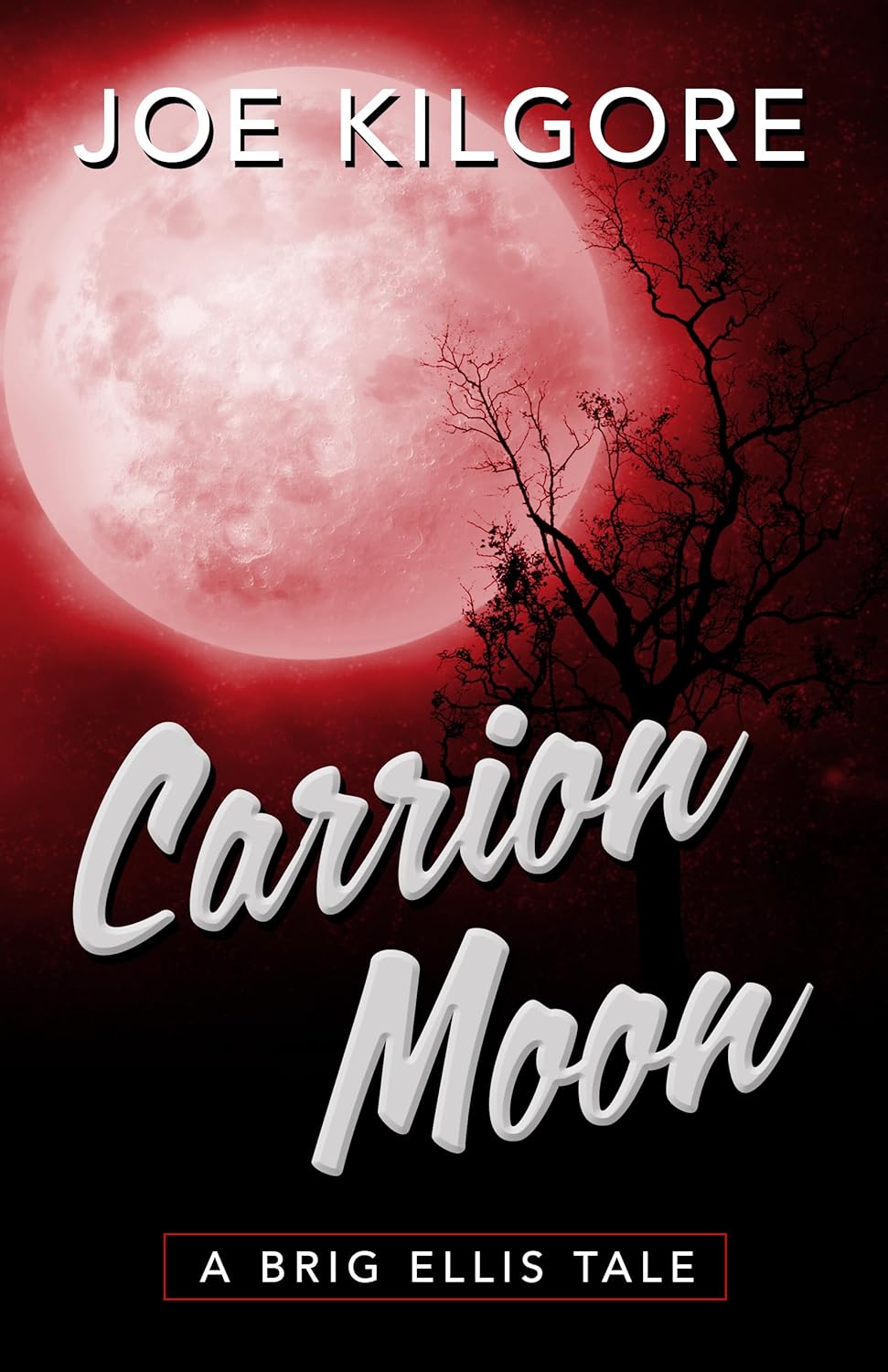Where There’s Smoke
Thursday, September 30th, 2010Admit it. Like me, you’ve probably rummaged through the bargain boxes that some bookstores put at their entrances to entice readers with incredibly low prices. It’s a smart move by retailers, as people usually have to exit the same way they entered, thereby affording the bookstore two opportunities to cash in on reader’s insatiable curiosity as well as their desire for saving money.
Well, I’m a committed dumpster (book) diver. And I got not only a great deal, but also a great read recently. I paid two dollars and twenty-five cents for a book that started life at $29.95, then went to paperback at a price of $14. I figured at two bucks and a quarter…how could I lose. And I didn’t. I won. And you will too (even if you have to pay a higher price) to read Andrew Pyper’s novel, The Wildfire Season .
Set in the great northwest woods of Canada, The Wildfire Season is a bit of a cross between a thriller, an adventure novel, a heartfelt examination of loneliness, abandonment, psychological as well as physical scarring, and reconnection. It is sometimes gripping, frequently compelling, and thoroughly entertaining. As the best novels are.
The protagonist, Miles, is a man who has walked away (make that skulked away) from the woman he loved just after she’s informed him she’s pregnant with his child. Why? That’s always the question, isn’t it? Is it because he’s cowardly? It it because he truly believes they’ll be better off without him? Or is it because he’s simply become a physical and emotional wreck who is trying to escape virtually all forms of life and its accompanying entanglements?
Miles is a firefighter. The kind who actually goes out and confronts those wildfires that we see popping up on the evening news in the late summer and early fall. He’s recently survived a near death experience in one, and been horribly burned on one side of his face and neck. Plus, he’s lost a friend to the fire. A young man he might have saved if he had done things differently. Or at least he thinks he might have. So, overcome with both guilt and self-pity, he turns to drink and withdrawal. But neither proves to be a healing balm and he simply flees.
Five years later, he is thoroughly cocooned in his isolation in a tiny town in the northwest. As the hamlet’s fire chief, his main responsibilities are overseeing a motley crew, putting out the occasional smoker, living with his dog in a ramshackle cabin, and regularly drinking to excess at the local pub. All is as well as such a monastic life can be, until one day, into the pub walks his ex-lover and his daughter.
Many novelists would be satisfied with simply exploring what happens next when Miles’s old life collides with his new one. But, to his credit, Andrew Pyper, stirs into this emotional stew, a very real impending conflagration, a wild grizzly bear hunt gone terribly wrong, and a revengeful cuckold who seems to have lost all control. You see Miles hasn’t exactly been a celibate monk since retreating to his own form of exile.
In the middle of this mix of pathos, pain and peril, we’re also treated to the point of view of the hunted bear as well as its hunters, detailed descriptions of the tactics and strategies of forest firefighting, ruminations on ghosts and the afterlife, and even a measure of mystery. Who started the fire that is the raging culmination of the novel’s exciting climax?
If, like The Fiction Fortune Hunter, you’re prone to thumbing through the titles of books-that-are-priced-to-move, keep one eye open for The Wildfire Season by Andrew Pyper. Between its covers, there’s definitely fire among the smoke.
